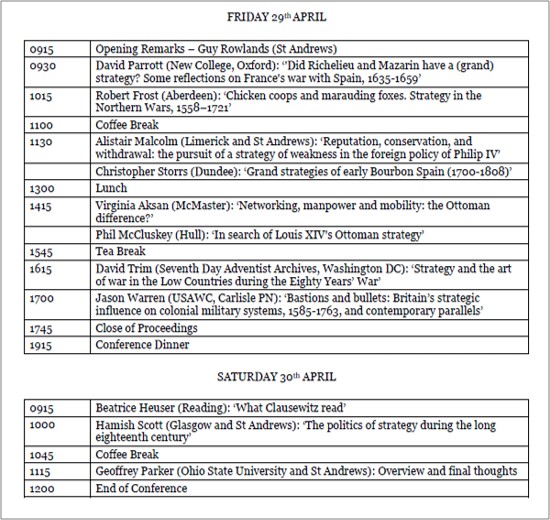The Russo-Ukrainian War

Convened 28-29 September 2022 by Professor Sir Hew Strachan, hosted by the British Academy, and supported by the Scottish Council on Global Affairs, ISWS at the University of St. Andrews , and the Senator George J. Mitchell Institute for Global Peace, Security and Justice, Queen’s University Belfast. The conference brought together leading voices on history, politics, international law, and war studies to explore the origins, dimensions, and possible ends to the war. Download the programme.
Afghanistan: Lessons Learned, with Gen. David Petraeus
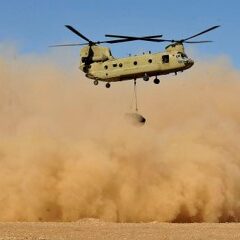
From 11-13 February 2019, the Institute for the Study of War and Strategy hosted its Afghanistan Conference. This conference brought together specialists from participating states to look back on the war in Afghanistan and gather insights from each individual country in order to create a better understanding of the lessons learned. The discussions of papers were organised around regional panels, each representing a group of states that were located in close geographical proximity. The speakers presented their respective state’s armed forces’ experience on the ground and offered commentary on lessons learned. This exercise aimed to increase our understanding of internationally organised counterinsurgency warfare and provide a more diverse and in-depth knowledge of the war in Afghanistan.
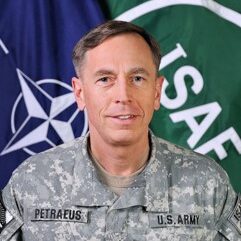
The Institute for the Study of War and Strategy was honoured to welcome General David Petraeus on the first day of the conference. The members of the panels were Conrad C. Crane (US Army War College), Ben Barry (IISS), Seth Johnston (NATO SHAPE), Christophe Lafaye (University of Aix-Marseille), Philipp Münch (ZMSBW), Martijn Kitzen (Netherlands Defence Academy), Rhys Crawley (Australian War Memorial) and Howard Coombs (Royal Military College of Canada).
Military Innovation Workshop

Understanding how militaries innovate and how technological progress creates opportunities is central to understanding contemporary power distributions. Within these processes questions of agency, change, and structure feature heavily, as do challenges to the integration of emerging technologies with existing or new war-fighting doctrines. Much of the existing military innovation literature deals with this technology/doctrine interrelationships in great power innovation projects prior to WWII, after which a scholarly vacuum emerges. More recent literature emphasizes the need to understand military adaptation in response to insurgencies, while neglecting issues of technologically-intensive conventional military innovation.
The project “Military Innovation During the Long Peace” enriches innovation studies by examining the post-1945 European militarized peace. The Military Innovation workshop on December 3-4, 2018 was one of the starting points of that project, bringing together a diverse body of scholars from Scotland and further afield to discuss the challenges ahead. The panel members were Samuel Faure (Sciences Po, St. Germaine-en-Laye), Malena Britz (Swedish Defense University), Caglar Kurc (Middle Eastern Technical University), Peter Dombrowski (US Naval War College), Niccolò Petrelli (Rome III), Annabelle Vuille (University of Southern Denmark), Michael Haas (ETH Zurich) and from the University of St Andrews: Catherine Jones, Luke Middup, Matt Warren, Sneha Reddy, Marc DeVore, Anneleen Van Der Meer & Kristen Harkness.
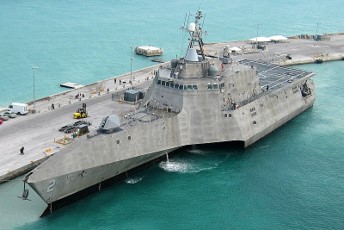
The Present and Future of Air Power
‘The Past and Future of Air Power’ was a two-day Conference (May 8-9, 2018) organized by the Institute for the Study of War and Strategy, School of International Relations, University of St Andrews.
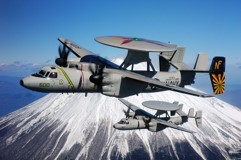
Air power, or the application of kinetic and increasingly electronic force from air and even space-based platforms, is the determinative element in almost all conflict today. It is and will continue to be the most advanced, and effective means of applying force, yet it is also extremely expensive controversial and opens the most important ethical and legal challenges while playing a unique role in both our political and cultural understandings. The purpose of this conference is to examine air power from these wide-ranging viewpoints, spending the first day analysing the past two decades and the second day discussing where we will be heading in the future.
We were delighted to bring a world-leading group of those working in the field of air power to the University of St Andrews to speak at the conference, including major figures from government, the armed services, academia and industry. A major keynote address each day was given by Professor Sir Lawrence Freedman and General David Deptula. Other speakers included: Group Captain Jim Beldon, Col. Gary Brown, Commodore Neil Brown, Professor Michael Clarke, Professor Nick Colosimo, General Charles Dunlap, Dr Christina Goulter, Dr Peter Gray, Dr Ulrike Franke, Professor Jean Baptiste Jeangène-Vilmer, Dr Benjamin Lambeth, Professor Phillips O’Brien, Col. John A. Olsen, Professor Frans Osinga, Professor Philip Sabin, Air Vice Marshal Ed Stringer, Air Chief Marshal Sir Glenn Torpy and Professor Trevor Taylor.

A podcast of the conference is also available:

The British Home Front 1914-1918

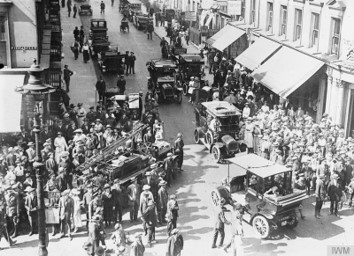

Hosted by Sir Hew Strachan at the University of St. Andrews with the support of the Scottish Government and the Department of Culture Media and Sport, the workshop was incorporated by both in their sequence of commemorative events to mark the centenary of the First World War. For more information see http://www.britishhomefront.co.uk and please click below for the podcast:
Army Study Day
On 29th November 2016 the institute hosted a study day for 51 Brigade newly tasked with the development and retention of expertise in the Middle East, with a particular interest in the Arabian Peninsula, Iraq and the Persian Gulf. Convened by Professor Sir Hew Strachan, the day began with three lectures delivered by Professor Toby Dodge, Professor Ali Ansari and Dr Jasmine Gani, covering Iraq, Iran and the broader Levant in turn. This was followed by a series of breakout groups which drew in particular aspects of UK defence strategy, concluding with presentations and a Q&A session. It proved a highly successful day which both parties expressing the hope that this will be the first in a series of study days.



Strategy and Its Making in Early Modern Europe

To mark the return to St Andrew of Professor Geoffrey Parker for 3 months as a Carnegie Centenary Professor in the School of History, on 29-30 April 2016 a conference was organised by Guy Rowlands on “Strategy and its Making in Early Modern Europe”. This built on the work of several St Andrews staff in this field and on Geoffrey Parker’s renowned work on the grand strategy of the Spanish Habsburgs in the 16th and 17th centuries. Colleagues from around the UK and from North America converged on St Andrews to debate the extent to which strategy was discernible and coherent, and how it was decided upon and pursued in the early modern period, and to generate ideas for future research directions. Topics covered ranged from the Northern Wars through Bourbon France and Spain to the Ottoman empire, British North America and old regime literary influences upon Clausewitz, as well as Geoffrey Parker’s main fields of Habsburg Spain and the revolt of the Netherlands. No outputs arose from the conference, nor were any intended, but it informed work currently underway for a large publishing project on the history of strategy.
Conference Programme:
